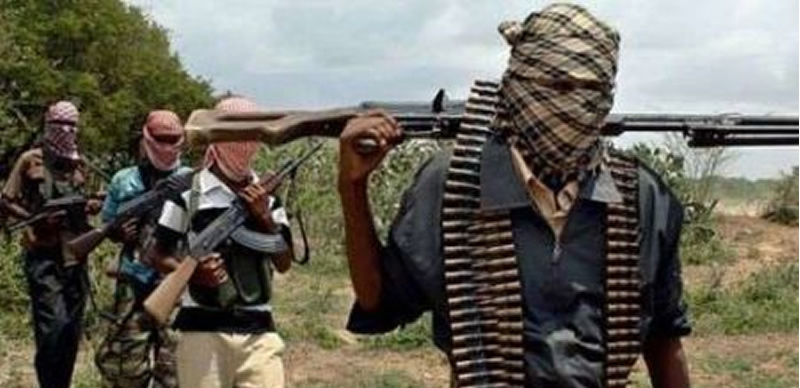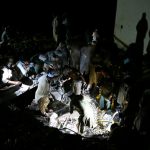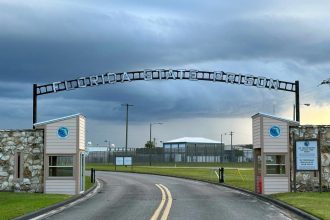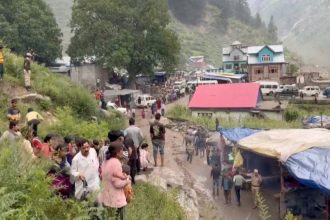No less than 62 people abducted by bandits in Katsina State, made a “dramatic escape”, following a precision airstrike on their captors’ hideout, local authorities have confirmed.
The state’s Commissioner for Internal Security and Home Affairs,Dr. Nasir Mu’azu, in a statement on Monday, said the bombings caused the bandits to flee in disarray, allowing their captives to break free and scatter in multiple directions.
He stated that out of the 62 escapees, 12 are currently receiving medical attention at Matazu General Hospital, while 16 others are being cared for at an army forward operating base in Kaiga Malamai.
Mu’azu confirmed that the operation took place at about 5:10 p.m. on Saturday, targeting the camp of notorious bandit leader, Muhammadu Fulani, in Jigawa Sawai, located in the Danmusa Local Government Area near the Zamfara State border.
He said, “The Katsina State Government has confirmed the dramatic escape of 62 kidnapped victims following a manhunt of a notorious bandit, Muhammadu Fulani, by the Nigerian Air Force that had a successful strike on his camp located in Jigawa Sawai of Danmusa Local Government Area, a community bordering Zamfara State.
“It is noteworthy that 12 of the escaped victims are currently receiving medical attention at Matazu General Hospital. While 16 are waiting at the Army FOB in Kaiga Malamai.
“The Air Force operation, conducted on Saturday at 05:10 pm, forced the bandits to flee their stronghold, creating the opportunity for the mass escape of victims held captive,” the statement read.
The commissioner further disclosed that interviews with the escapees revealed that most of the abductees were kidnapped during a nighttime raid on Sayaya village on August 11 by Filani’s gang, who continued to terrorise surrounding areas, including Matazu, Kankia, Dutsinma, and parts of Kano State.
The state government has since deployed a Quick Response Wing of the NAF to Matazu and Bakori Local Government Areas to ensure stability and carry out further rescue operations.
He also stated that troops remain on the ground, monitoring the area and supporting additional operations as needed.









